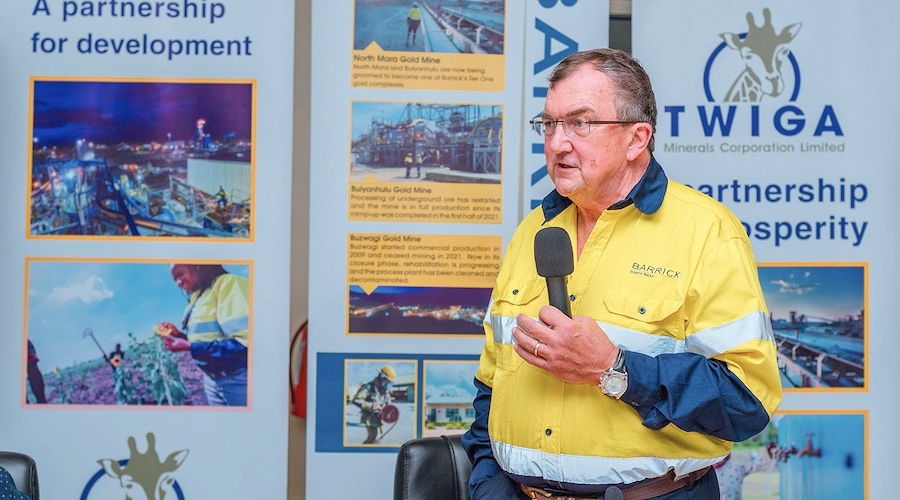Introduction
Barrick Gold (NYSE:GOLD)(TSX:ABX), a leading global mining company, has revealed plans to rename itself Barrick Mining Corporation at its upcoming shareholder meeting. This rebranding, accompanied by a ticker change on the NYSE from GOLD to B, underscores the company's strategic pivot towards copper alongside its core gold operations. However, as Barrick looks to the future, it grapples with significant challenges in Mali, where a prolonged dispute with the government has led to contractor layoffs and operational suspensions at its flagship Loulo-Gounkoto complex.
Strategic Rebranding and Copper Expansion
Barrick's proposed name change to Barrick Mining Corporation reflects its ambition to diversify beyond gold. The company is heavily investing in copper projects, including the $6 billion Reko Diq copper-gold project in Pakistan, set to commence operations in 2028, and the expansion of the Lumwana copper mine in Zambia. CEO Mark Bristow emphasized that this shift positions Barrick as a leader in both gold and copper mining, with copper expected to significantly boost production volumes in the coming years. The rebranding, if approved, will take effect on May 9, 2025, with the ticker change on the NYSE, while the Toronto Stock Exchange ticker remains ABX.
Challenges in Mali: Contractor Layoffs and Operational Halts
Parallel to its growth strategy, Barrick faces escalating tensions in Mali, where operations at the Loulo-Gounkoto complex—its largest African asset—have been disrupted since January. A two-year dispute with the Malian government over alleged unpaid taxes has resulted in the seizure of three tonnes of gold and a ban on gold exports since November. The fallout has directly impacted subcontractors, with at least four companies, including BLY Mali, ETASI, ATC, and MAXAM, initiating layoffs or liquidation processes due to unpaid contracts and suspended operations. Additionally, Malian authorities recently closed Barrick’s Bamako office, citing tax arrears, further straining relations.
Despite these challenges, Barrick has maintained salaries for its direct employees in Mali and is relocating around 40 staff to its Kibali mine in the Democratic Republic of Congo. A draft agreement to resolve the dispute was signed in February, but it awaits ratification by the Malian government.
Analysis and Perspective
Barrick's dual narrative of expansion and crisis raises questions about its risk management and regional operational stability. While the pivot to copper is a forward-thinking move—potentially diversifying revenue streams amid fluctuating gold prices—the ongoing conflict in Mali highlights the vulnerabilities of operating in politically unstable regions. The lack of progress on the draft agreement with Mali’s government suggests deeper systemic issues, possibly tied to resource nationalism, which could set a precedent for other mining companies in the region. Barrick must balance its aggressive growth strategy with diplomatic efforts to safeguard its assets and workforce.
Moreover, the impact on subcontractors in Mali cannot be overlooked. The layoffs and liquidations signal a ripple effect that could damage local economies and Barrick’s reputation as a responsible corporate entity. Transparency in negotiations and a commitment to supporting affected workers will be critical to maintaining stakeholder trust.
